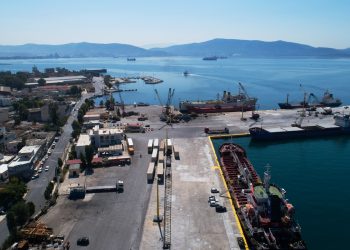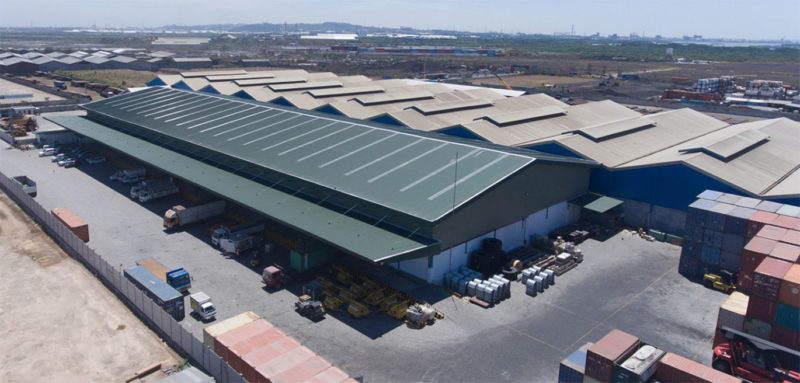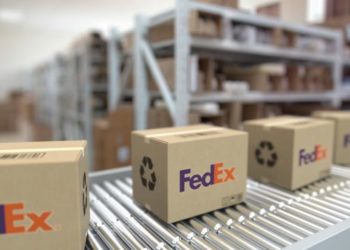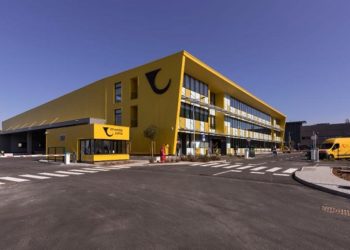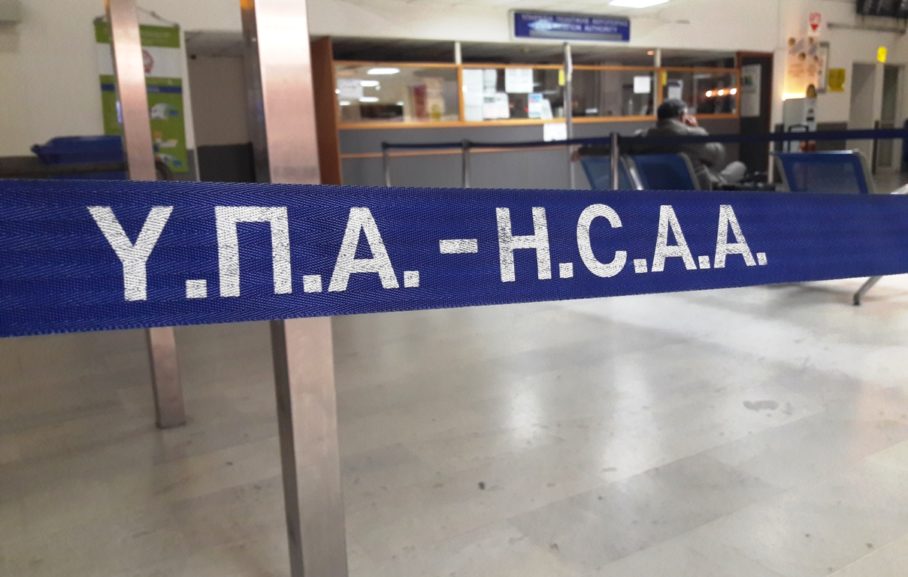Frank Diaz, executive vice president of Price Smart, a US warehouse chain and retailer and one of the top 50 container exporters in the US, urged the logistics industry to help it compete with etailers.
“E-commerce is generally difficult to make profitable,” he told delegates at Air & Sea Cargo Americas in Miami yesterday.
“You have to do all the things the customer used to do – go to the store, drive home. The challenge is to make that profitable, and we are relying on the logistics industry to help us with that.”
“Etailers have capitalised on one thing – a customer preference to shop online with 24/7 access to shops. That has changed the overall landscape and changed the bar. Prices must be complemented with the right shopping experience.”
He also questioned whether some of the tactics used by etailers may be “disruption or distortion”.
“Free shipping? Someone is paying. Disruption is the challenge presented to retailers but in logistics it is about how to deliver goods faster and cheaper, while retaining the strengths we already have.”
While Mr Diaz acknowledged that the air cargo industry was in pole position to reap the benefits, he also believed that there were opportunities for shipping lines, especially for larger and less urgent purchases.
Much of the e-commerce volumes so far have benefited air cargo at the expense of ships, but with growing middle classes globally, the consumer market itself is getting bigger – and there is no reason for ocean not to benefit too, despite the long lead times.
“In ocean, every day is going to matter. Carriers have an opportunity with track and trace – it could be owned by the carrier all the way through the delivery.
“Generally, it’s small packages but companies should prepare for increased demand for consolidation, with more visibility and lower landed costs. It’s about customer-centricity, and the most successful companies have focused on that.”
“If we collaborate as an industry, we have the opportunity to improve the customer experience.”
SeaLand CEO Craig Mygatt confirmed that customers were requesting more of shipping lines than simply the port-to-port sector.
“They are asking us for different things than they used to,” he said. “We are more open to partnering with people outside our core business, because customers are asking for it.”
Diana Najera, international business manager for Mexican express company Estafeta, said e-commerce had brought the company into more contact with its customers and helped it understand their behaviours.
“Customers want an integrated service. And there are also customers that have their own customers – and that means you have to maintain one and cater for the other.”
E-commerce has “changed everything”, the panel agreed.
Michael Steen, COO of Atlas Air, which has seen its customer base shift from scheduled airlines to express and ecommerce deliveries, said: “This is a true paradigm shift and we haven’t seen anything like it before.”
“Chinese consumers are buying Latin American perishables, that’s something we haven’t seen in the past. The size of packages is changing, and that has an impact on the entire supply chain.”
He noted that, as a result of the new market, one of the greatest challenges was forecasting.
Citing a clothing manufacturer in China which had expected 180,000 unique orders on singles day within seven hours, but in fact reached that within an hour, he said: “How do you plan for that? And that’s just one company, in one day, in one country.”
Romaine Seguin, president Americas for UPS, argued that the companies which controlled the last mile would be the winners.
“Customers own the market now – 10 years ago, retailers did. It’s all about how, where and when you want your goods.”
She added that forecasting had become an essential part of the business.
“Most business have peaks and valleys and you have to understand those projections.”
(By Alex Lennane in Miami, The LoadStar)





